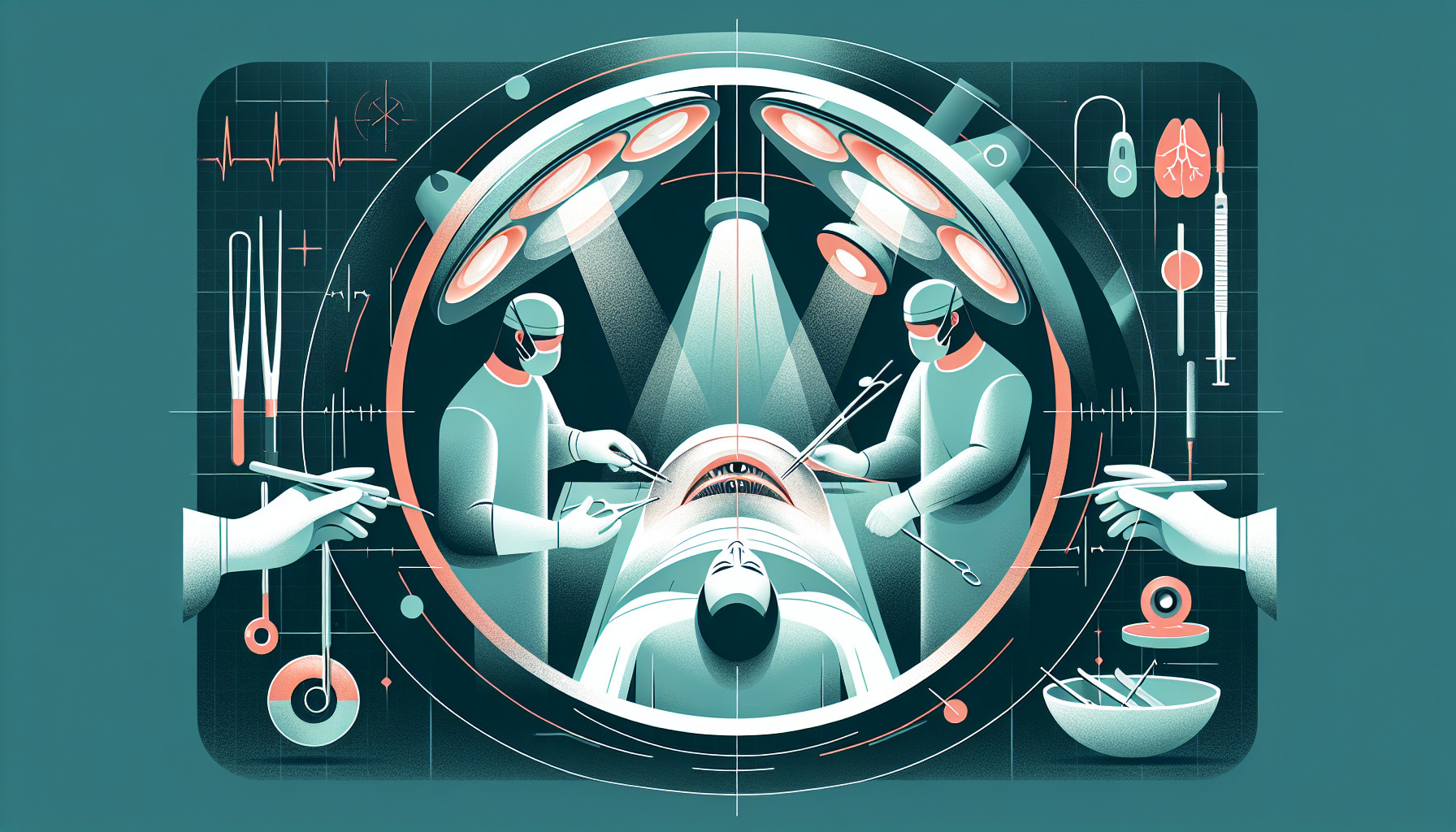Our Summary
The research paper reviews various studies on the cost-effectiveness of different techniques for cataract surgery, particularly manual small-incision cataract surgery (MSICS). The data is somewhat scattered and diverse. The study finds that MSICS is cheaper than another common procedure, phacoemulsification (PE). For example, in India, the direct costs of MSICS were $17.03 compared to $25.55 for PE.
The cost-utility analysis, which looks at the health benefits gained relative to the cost, also indicated savings for MSICS. In India, MSICS saved $79.57 per improvement in vision, $8.91 per additional year of quality life, and $1.42 per improvement in visual function.
In Thailand, the incremental cost-effectiveness ratio (ICER), which calculates the cost per additional successful outcome, was better for MSICS ($368.20) than PE ($489.30).
When comparing femto laser-assisted cataract surgery (FLACS) to PE, the cost-effectiveness was found to be €10,703. But when corrected for MSICS, it was much cheaper at €146.50.
In simple terms, the research suggests that MSICS is the most cost-effective method for cataract surgery compared to other techniques such as PE and FLACS. However, more research is needed in this area.
FAQs
- What is the most cost-effective method for cataract surgery according to the research?
- How does the cost of Manual Small-Incision Cataract Surgery (MSICS) compare with Phacoemulsification (PE) in India?
- What is the cost-effectiveness ratio of Femto Laser-Assisted Cataract Surgery (FLACS) compared to MSICS?
Doctor’s Tip
A doctor might tell a patient that based on current research, manual small-incision cataract surgery (MSICS) is the most cost-effective option compared to other techniques such as phacoemulsification (PE) and femto laser-assisted cataract surgery (FLACS). This means that MSICS may provide similar or better outcomes at a lower cost. It’s important for patients to discuss their options with their doctor to determine the best choice for their individual situation.
Suitable For
Patients who are typically recommended cataract surgery include those with significant visual impairment due to cataracts, difficulty performing daily activities due to poor vision, and those experiencing glare or halos around lights. Additionally, patients with cataracts that are impacting their ability to drive safely or affecting their quality of life may also be recommended for surgery. Overall, the decision to undergo cataract surgery is based on the individual patient’s visual needs and goals, as well as the severity of the cataracts.
Timeline
Before cataract surgery:
- Patient experiences blurred or cloudy vision, difficulty seeing at night, sensitivity to light, and colors appearing faded.
- Patient consults with an ophthalmologist who diagnoses cataracts and discusses treatment options.
- Patient undergoes pre-operative tests and measurements to determine the appropriate intraocular lens (IOL) for implantation.
After cataract surgery:
- Patient undergoes the surgical procedure, which can be done using different techniques such as manual small-incision cataract surgery (MSICS), phacoemulsification (PE), or femto laser-assisted cataract surgery (FLACS).
- Patient may experience some mild discomfort and blurry vision immediately after surgery.
- Over the next few weeks, the eye heals and vision gradually improves as the brain adjusts to the new IOL.
- Follow-up appointments with the ophthalmologist are scheduled to monitor healing and address any concerns.
- Patient may need to use eye drops to prevent infection and promote healing.
- Patient may need to wear sunglasses to protect the eyes from bright light.
- Patient typically experiences improved vision and clarity, with many reporting significantly better vision than before surgery.
What to Ask Your Doctor
- What are the different types of cataract surgery available, and which one do you recommend for me?
- What are the potential risks and complications associated with cataract surgery?
- What is the success rate of cataract surgery, and what outcomes can I expect?
- How long is the recovery period after cataract surgery, and what post-operative care will be required?
- What are the costs associated with cataract surgery, including any potential out-of-pocket expenses?
- Are there any alternative treatments to cataract surgery that I should consider?
- How will cataract surgery improve my vision, and how long will the effects last?
- Are there any specific pre-operative tests or evaluations that I need to undergo before cataract surgery?
- What is your experience and expertise in performing cataract surgery, and what is your success rate with this procedure?
- Are there any specific lifestyle changes or precautions I need to take after cataract surgery to ensure optimal results?
Reference
Authors: Bali J, Bali O, Sahu A, Boramani J, Deori N. Journal: Indian J Ophthalmol. 2022 Nov;70(11):3765-3770. doi: 10.4103/ijo.IJO_1266_22. PMID: 36308093
